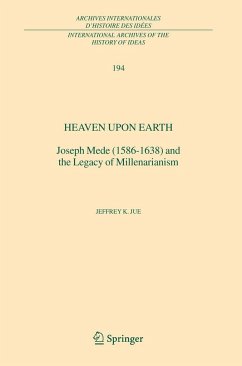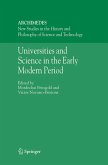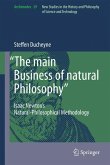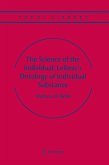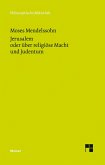1.i THE HISTORY OF BRITISHAPOCALYPTICTHOUGHT The study of early modern Britain between the Reformation of the 1530s and the Wars of the Three Kingdoms of the 1640s has undergone a series of historiographical revisions. The dramatic events during that century were marked by a religious struggle that produced a Protestant nation, divided internally, yet clearly opposed to Rome. Likewise the political environment instilled a sense of responsible awareness regarding the administration of the realm and the defense 1 of constitutional liberty. Whig Historians from the nineteenth century described 2 these changes as a "Puritan Revolution." Essentially this was England's inevitable 3 march towards enlightenment as a result t of religious and political maturation. Subsequent Marxist historians attributed these radical changes to socio-economic 4 factors. Britain was witnessing the decline of the medieval feudal system and the rise of a new capitalist class. Both of these early views claimed that brewing social, political and economic unrest culminated in extreme radical action. More recently, beginning in the 1980s, new studies appeared that began to challenge these old assumptions. Relying on careful archival research, many of these studies discarded the former conception of this period as "revolutionary", instead 5 arguing that the Reformation was in fact a gradual and unpopular process. In 1 Margo Todd (ed.) Reformation to Revolution: Politics and Religion in Early Modern England (London and New York, 1995), p. 1. 2 S. R. Gardiner, The First Two Stuarts and the Puritan Revolution (London, 1876).

